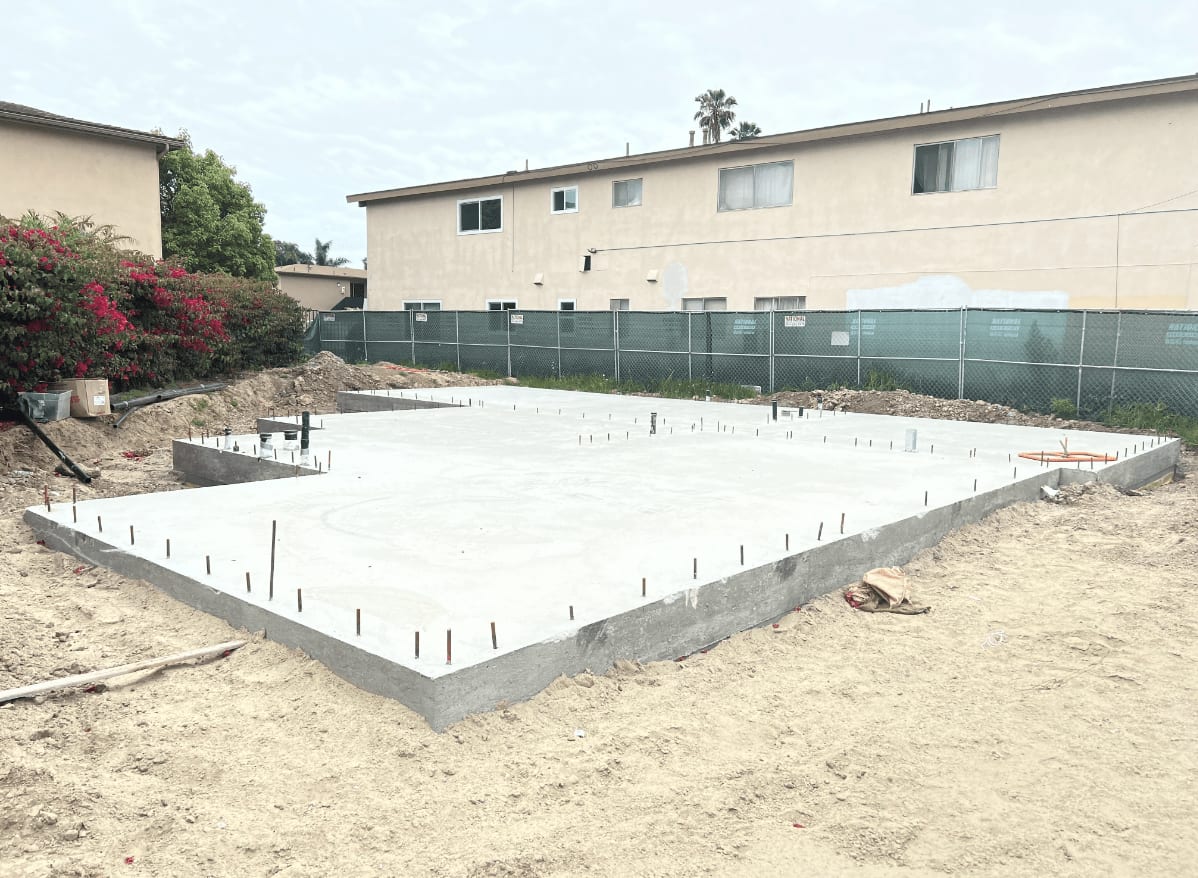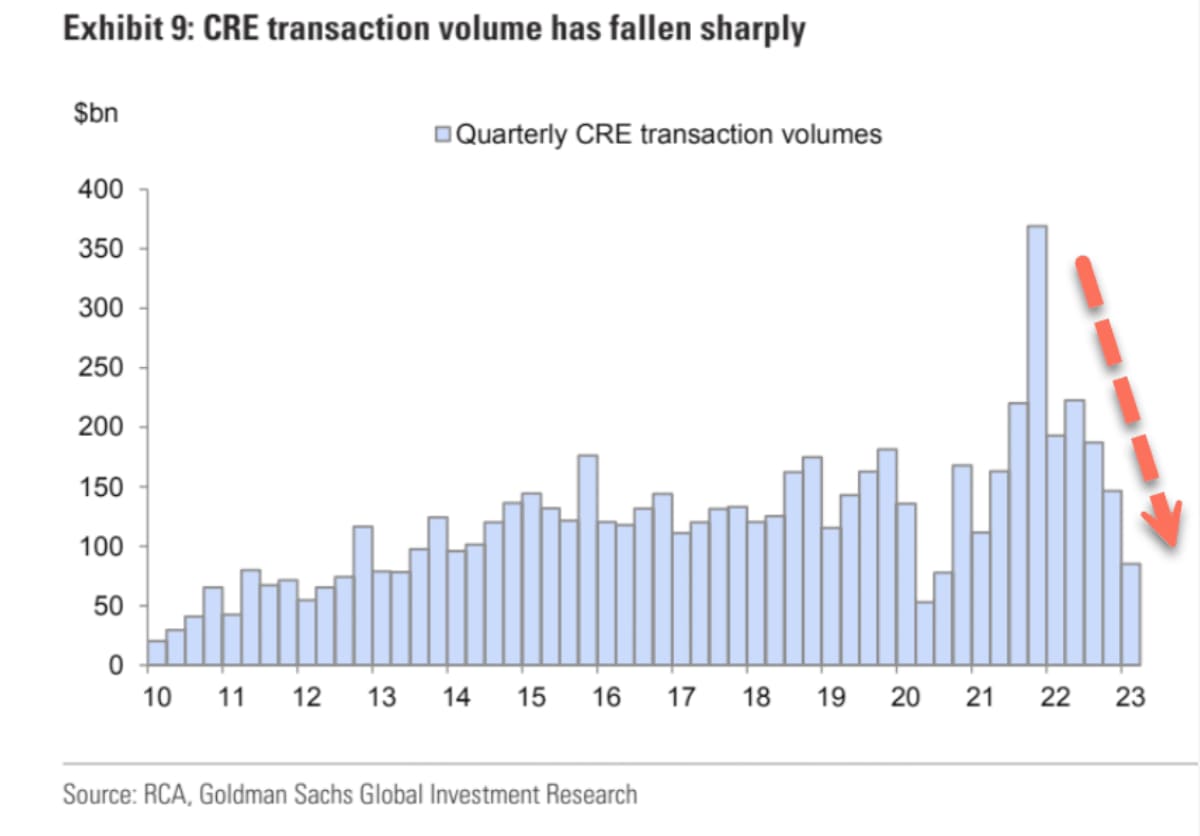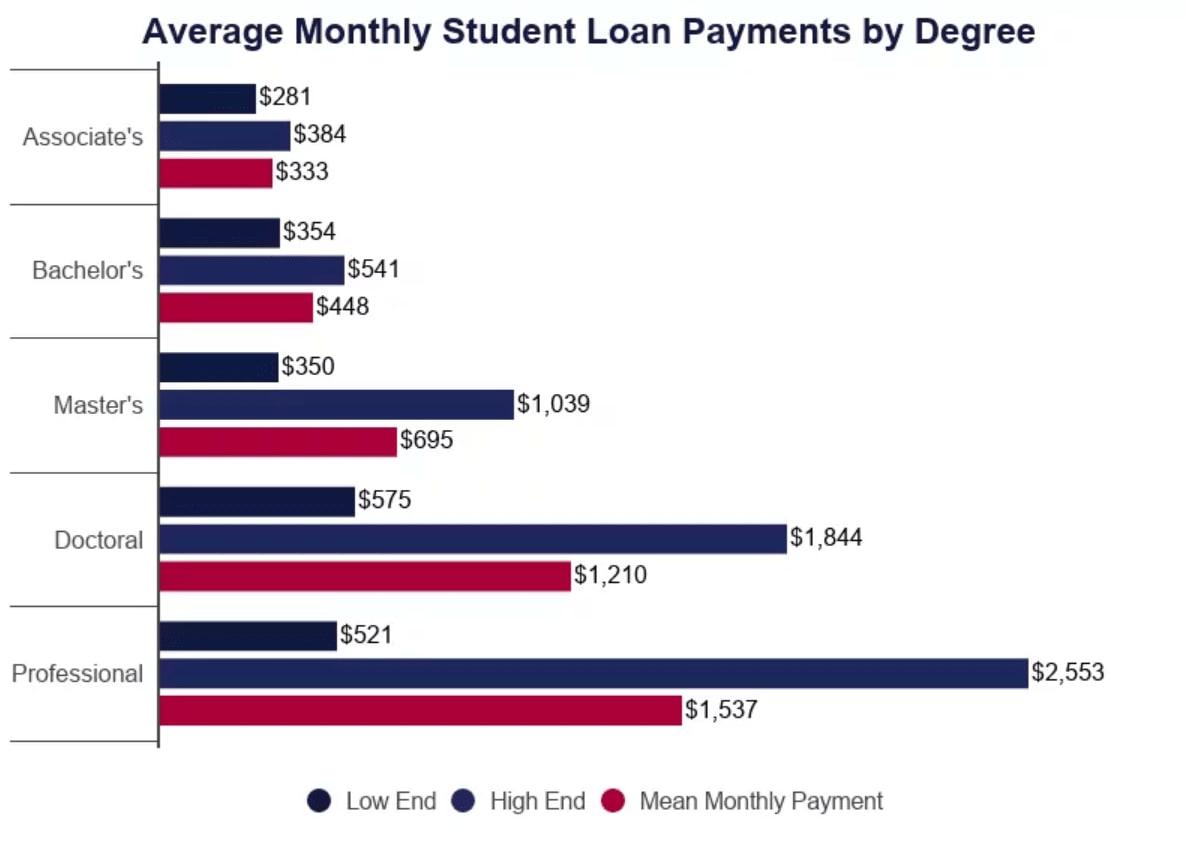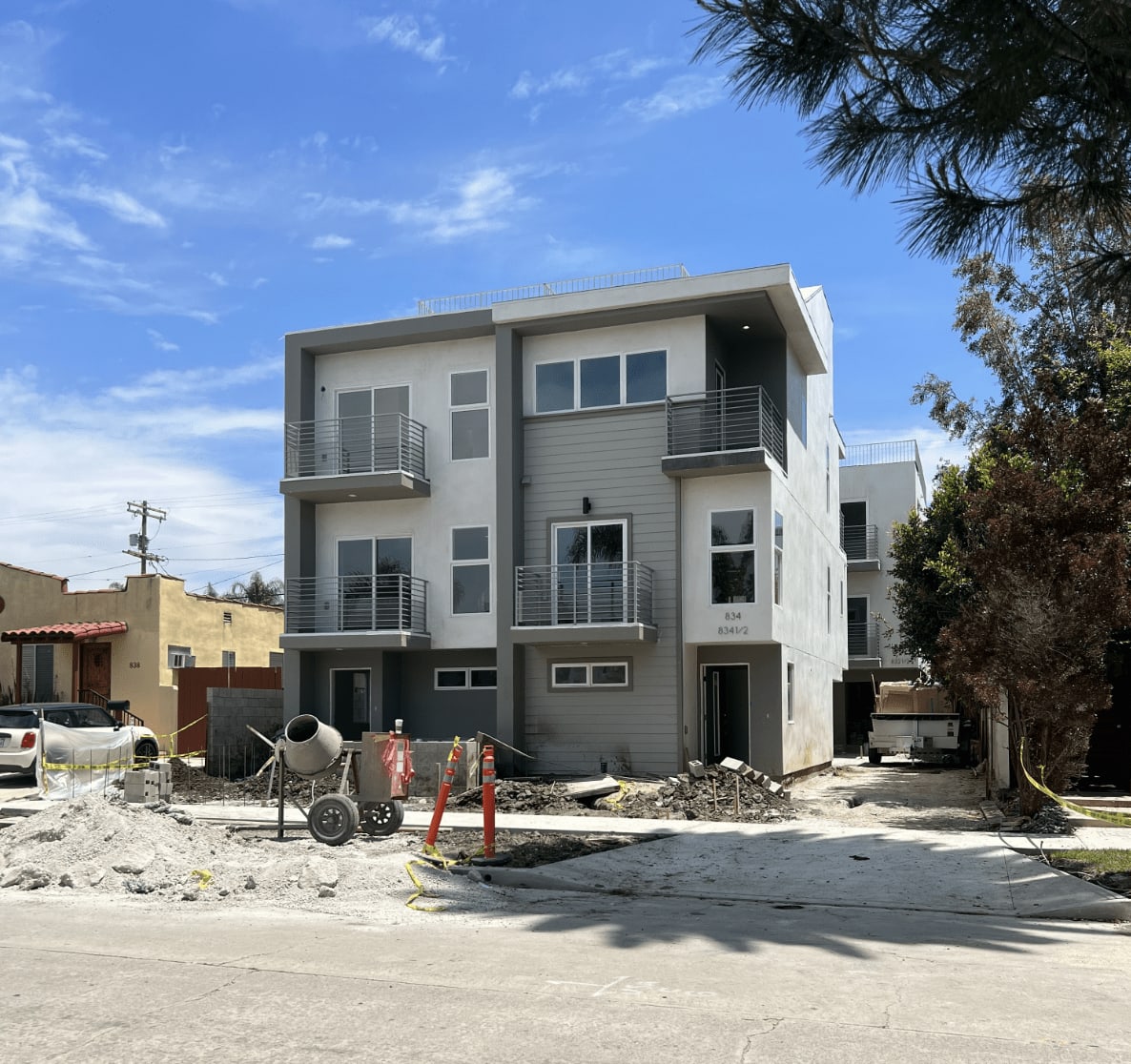Mission Drive, Costa Mesa: having completed a few multifamily ADUs, we have the process down and are making pretty good time. We poured foundations about two weeks ago, and we are expecting a lumber drop today, so we will start framing. The structural design on these ADUs contain roof trusses (roof truss is a structural framework of timbers designed to bridge the space above a room and to provide support for a roof), which is being fabricated off site and will enable the framing to be completed quicker.

June Street, Hollywood: Remember when I warned that real estate investment is hard? This project is the poster child for how challenging it can be. When we raised the money to buy/develop this deal (back in early 2020), I told several investors a lot of things would go have to go wrong for us to lose money. So far, almost everything that could go wrong has gone wrong. However, we underwrote and structured the deal very conservatively. As a result, despite a pandemic, massive inflation, and unprecedented City delays/shutdowns, we are on the 1-yard line of having this property available for rent. Based on where we are standing today, it looks like our economics will be pretty decent. This Saturday, June 3rd, we are hosting a small rooftop reception for our investors who stuck with us throughout this journey.


















